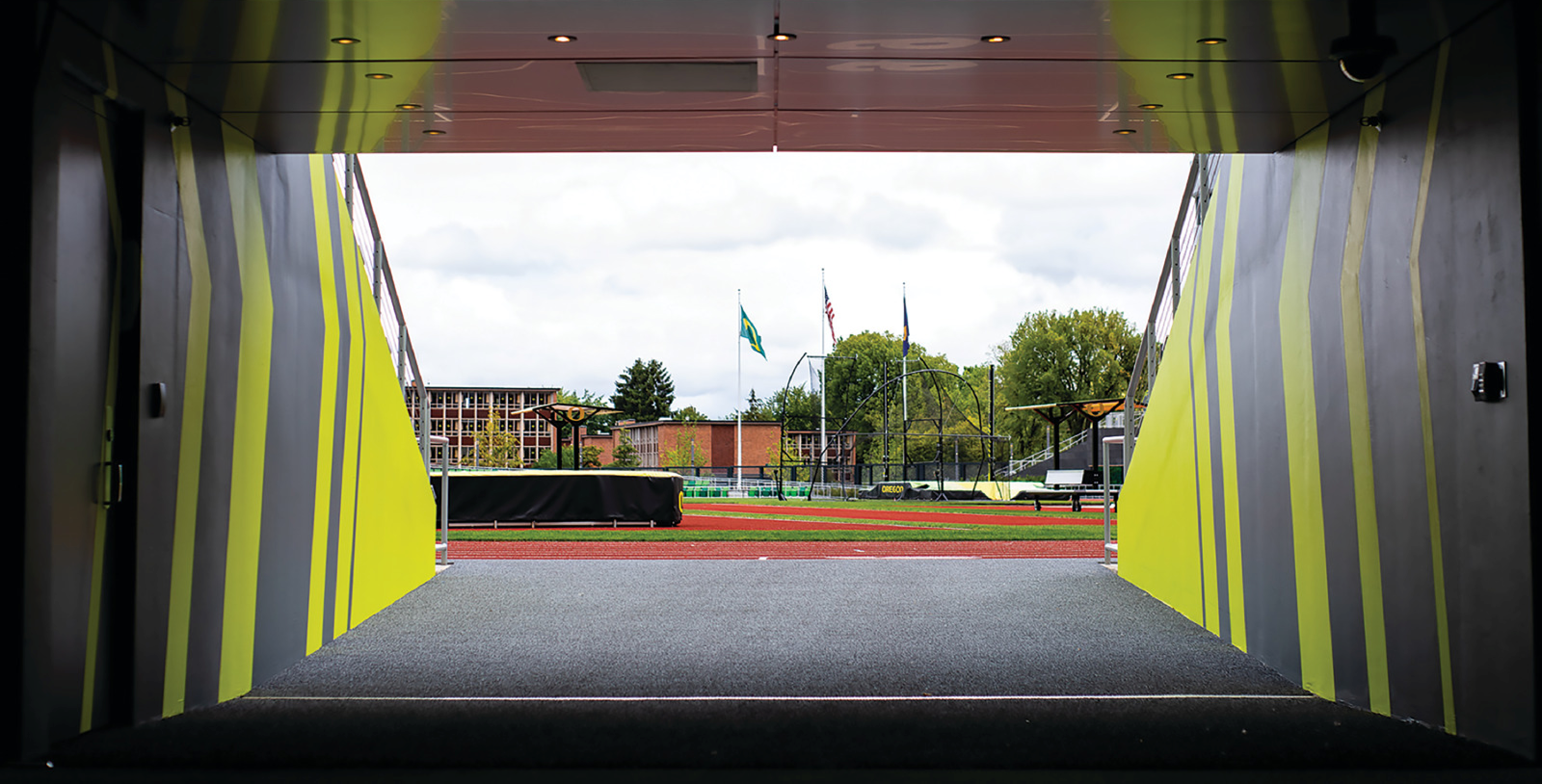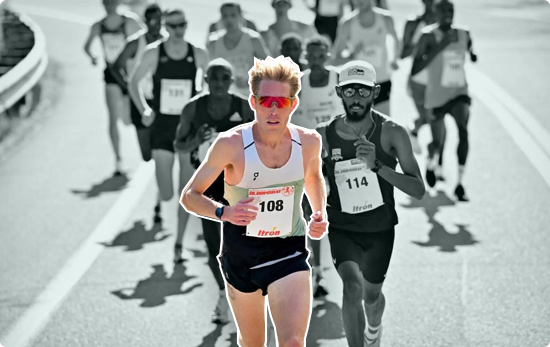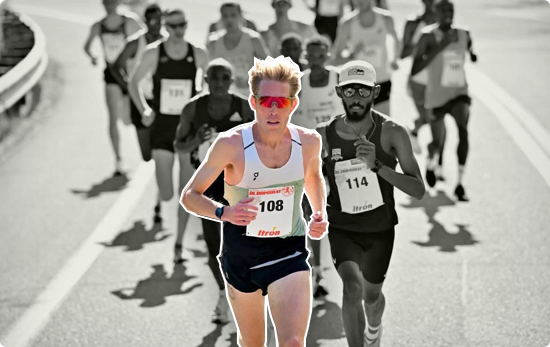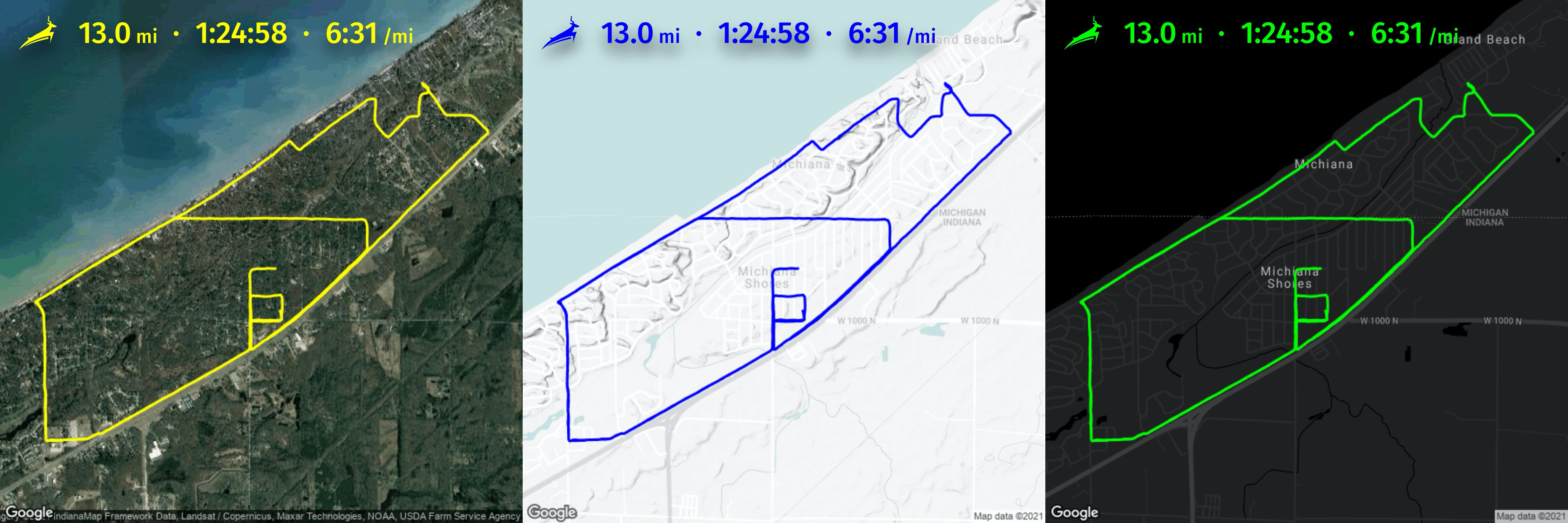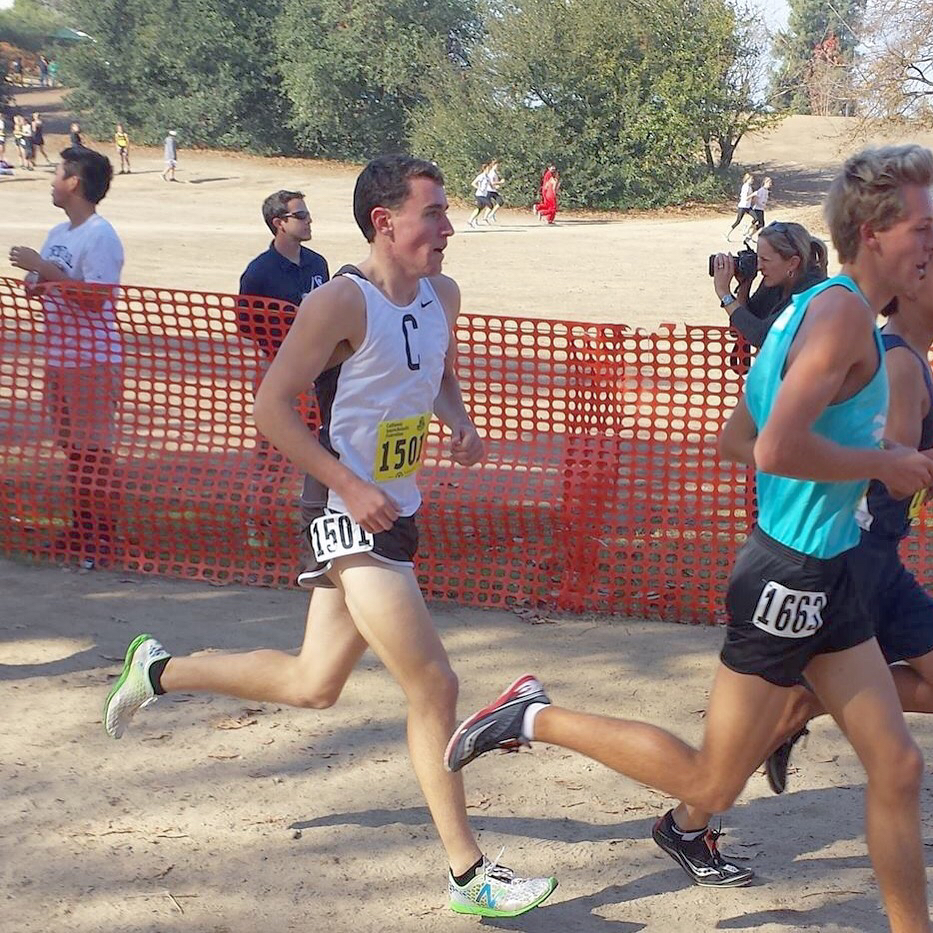News & Tips•March 21, 2021, 10:04 p.m. • 194
Ice baths: Great Recovery Tool Or Totally Useless?
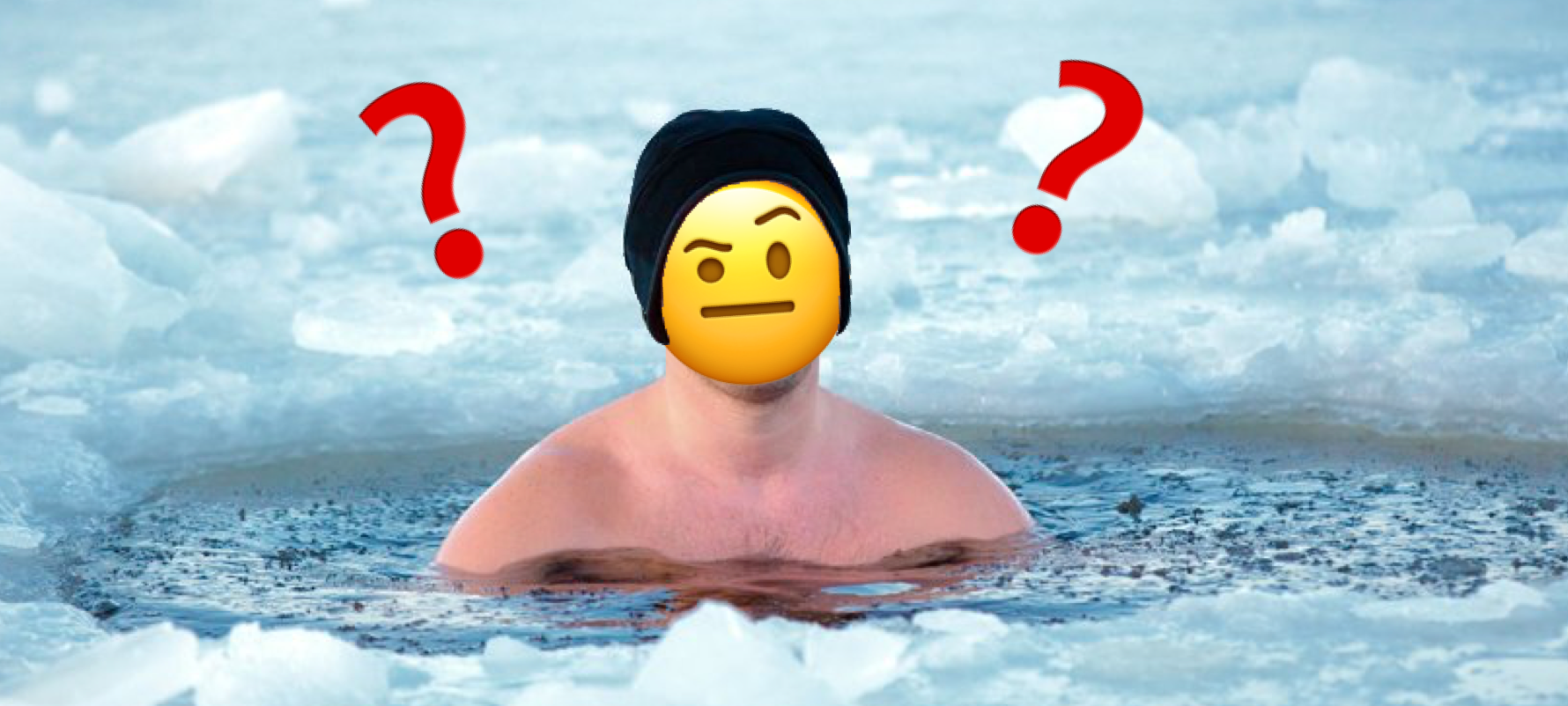
Much like hazing in a fraternity or boot camp for the military, ice baths are a rite of passage for any runner. From the high school days of crowding into a tub with three other teammates to the luxurious jacuzzi-sized tubs in a college training room, the ritual of the ice bath has been passed down from generation to generation of runners. Those who are afraid of the frigid waters of the ice bath are castigated as uncommitted or weak, and most are peer pressured into taking the plunge, if not out of concern for their performance, then out of solidarity with their teammates.
But do ice baths actually help you run faster?
A couple months ago, newly minted 27:14 man, multiple time Team USA member, and all around legend Ben True did the unthinkable. He questioned the effectiveness of the ice bath. In an Instagram post, True stated that "Inflammation is your body's way of repairing damaged tissue….reducing inflammation can hinder muscle regeneration and delay adaptation." He also took a jab at cryotherapy, the newest fad in athletic recovery, quoting research that shows reduced long term gains in muscle mass and strength from the treatment.
So, if he's not doing ice baths or cryotherapy, what does Ben's recovery routine look like? Sleep and active recovery. "Put down that ice, take a nap, and go for an easy walk," Ben says. Given that he just hit the 10K Olympic Standard at age 35, it seems to be working for him!
What about the rest of us though?
The opinions and data are conflicted, to say the least. On the one hand, there is evidence from studies showing that ice baths reduced soreness and possible lessened muscle damage after training. This can be beneficial to help one's legs simply feel better if nothing else. Also, if you are in a hot climate or in the middle of summer training, ice baths can help bring you core body temperature down to prevent heat related problems.
However, most of the evidence points to Ben being correct, not only about the ineffectiveness of ice baths on muscle recovery, but also on the importance of sleep and being active for recovery. There is a reason why every high school and college coach is always badgering their runners to get good sleep: it is the most foundational aspect of recovery! Everyone who follows sports has heard of athletes getting banned for using human growth hormone. What everyone doesn't know is that your body naturally produces growth hormone and releases it during your sleep. Because growth hormone is crucial in bone and muscle development and repair, and it can only be accessed naturally during your sleeping, getting a full night's rest is crucial for repairing and growing muscles after training hard.
While everyone knows the benefits of sleep for recovery (even if they ignore it!), active recovery is less talked about. There are a lot of runners that think doing other physical activity will hurt their recovery (I'm guilty of this), so they might be inclined to skip a fun, active day with friends to prioritizing their running. The good news is that, as long as you aren't doing something that could seriously impede your ability to run (ie. breaking your neck while skiing or hurting your back by powerlifting), light activities like walks, hikes, swimming, bike rides, or even frisbee can actually benefit your recovery! There is a lot of evidence to support active recovery, with studies showing that it reduces lactic acid levels, flushes metabolic waste from muscles, and increases blood flow to muscle tissue. While it can be tempting for runners to post up and not move after a hard day of training, getting out to do something fun and active with your friends like hiking, biking, or swimming is not only good for your psychological health but also good for your running!
The main takeaway is that, while the jury is still out as far as a definite answer on whether ice baths hurt or help you, it is important to understand that inflammation and soreness are a natural response to the stresses of training. If the basics of running training are "stress and rest" (stress the body and then rest to let it get the benefits from the stress), then doing the things your body naturally craves for recovery makes sense. Getting sleep, doing active recovery, and throwing in a health diet and hydration will help your body recover better and help you progress to the next level of your training.


